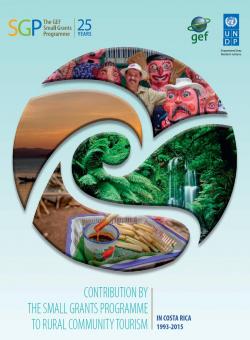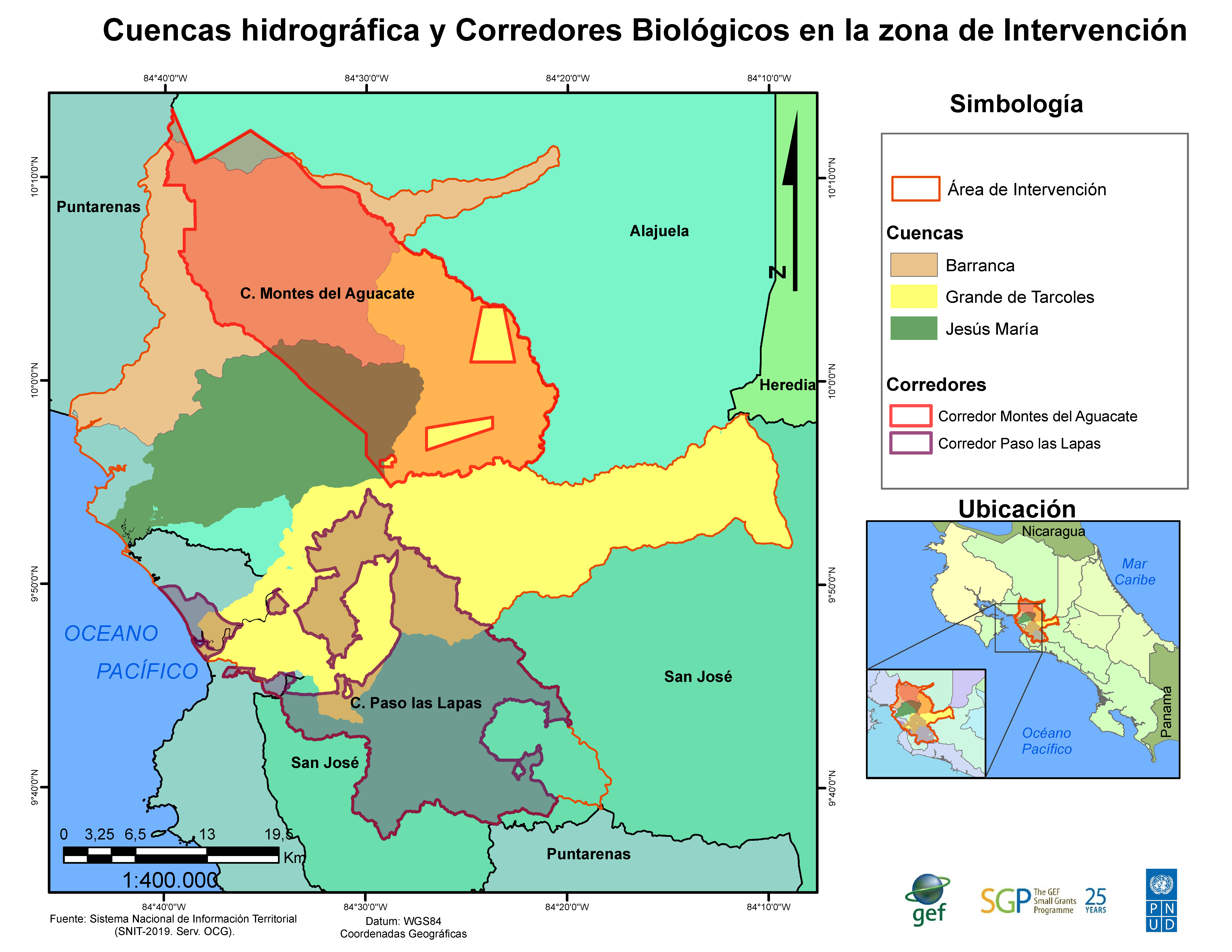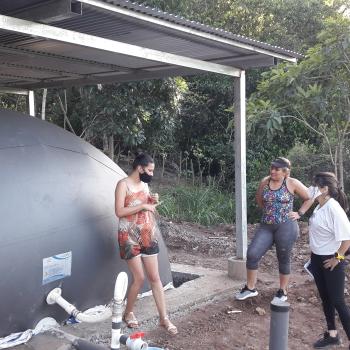Contribution by the Small Grants Programme to Rural Community Tourism in Costa Rica 1993-2015

This publication contains a systematization of the contribution by the Small Grants Programme (SGP), in Costa Rica, for the 1992-2015 period; documenting the technical and financial support provided to an emerging sector that has grown in importance over the last 20 years, namely, Rural Community Tourism (RCT).
Rural Community Tourism first appeared in Costa Rica as a development alternative to the poverty in which rural areas are often subjected. It has become a determining factor for the rural economy. “Rural tourism represents a form of nonagricultural rural employment. This type of employment is similar and complementary to other property-based activities in the rural economy… It represents, conversely, a micro-entrepreneurial activity that can provide a major share of family income by complying with specific development phases” (Faiguenbaum, 2001, p. 19).
For the SGP, “rural community tourism represents an alternative tourism development that strengthens the protection and use of natural and endogenous cultural resources by the host communities as the lead players. It thus becomes an instrument for local development and heritage conservation that, rather than replacing, complements other traditional financial activities” (Guereña, 2006).
This systematization presents a retrospective analysis of the work done by the Small Grants Programme - Costa Rica - in implementing a strategy for dealing with the sector. It gives an account of the processes carried out and their impacts. With its support for this sector, the SGP demonstrates that community action can strike a delicate balance between human and environmental needs, as part of an integrated strategy involving communities, strategic partners, private enterprise, cooperatives, and Costa Rican state institutions.
Descargar



